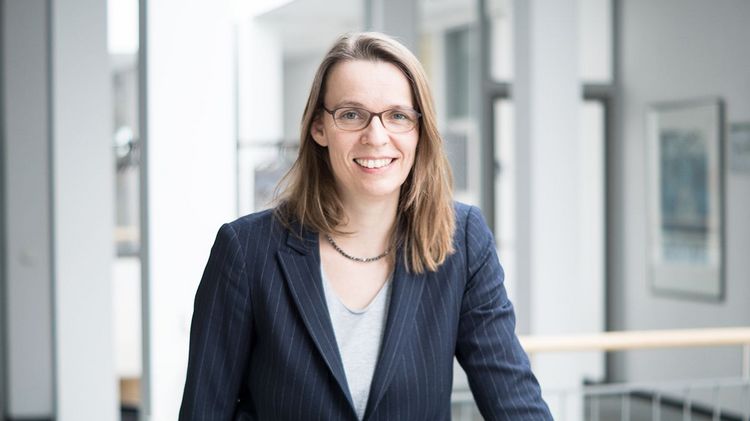IT is essential
IT is essential
“We need the whole bouquet of information technologies”
“Our energy supply system and in particular the electrical energy system is undergoing a transformation, above all in terms of digitalization. In the fossil fuel system, it was like this: imbalances between power generation and consumption could be balanced out even though the means of communication were limited. This was mainly due to the sluggishness of the big thermal power plants, such as coal-fired power plants. Now, however, the many small regenerative energy plants make the situation far more dynamic. To stabilize this system and increase efficiency potentials we will need the whole bouquet of information technologies, including data analysis and machine learning – learning using large amounts of data – even more in the future to be able to react more flexibly to the current state of the system, both on the generation and on the load side.
One exciting approach currently under research is controlled self-organization, which means equipping individual technological devices with ‘software agents’ – software capable of communicating autonomously with other agents and systems. In this way if problems arise in the power grid one system can negotiate with other systems in its proximity to shift loads to another time slot. Central systems then only intervene in critical situations. In field tests, we have already been able to demonstrate that these approaches work in safety-critical systems such as power grids.
But electricity is just one of several sectors in the energy system. Another task for the future is the coupling of these sectors – of the electricity and gas grids, for example. Generating hydrogen from surplus electricity, for instance, is one way of integrating these previously separate systems and preventing surplus energy from going to waste.
The vision for the future is as follows: closely integrated energy systems can be kept stable by combining controlled self-organization methods with distributed artificial intelligence methods. This would mean that the individual components of the system not only communicate with each other, but also utilize data to learn and incorporate this knowledge into their joint actions. Collectively optimizing all these systems naturally poses a major challenge on many levels. To master this challenge, we must – but also can! – combine technologies from different fields. Maintaining stability in energy systems is no easy task, but Oldenburg's very well-positioned energy informatics scientists can make a big contribution here.”
Prof. Dr Astrid Nieße heads the Digitalized Energy Systems Group at the Department of Computing Science. She is also a member of the Energy Division Board at the OFFIS - Institute for Information Technology and leads the Energy Future Lab at the Centre for Digital Innovations Lower Saxony (ZDIN).



